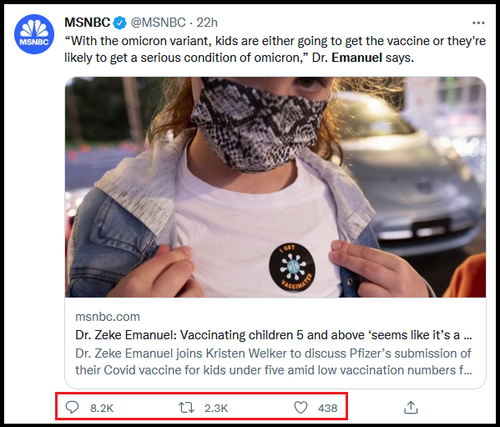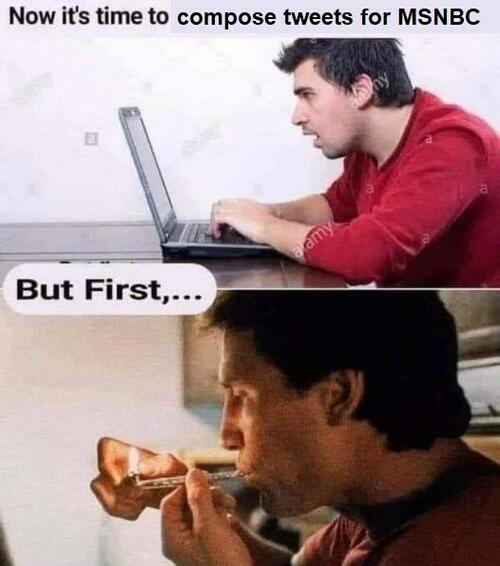Earlier this week, the FDA fully approved Moderna’s Covid-19 vaccine, and with that approval, the company was awarded what is almost certainly a lucrative priority review voucher.
The vouchers can be used for a priority review of a new drug, offering a short cut to an FDA decision, or can be sold on the open market — for upwards of $100 million.
The PRV for Moderna was issued by the FDA under its material threat medical countermeasure PRV program, and that program has allowed FDA to provide a PRV for all fully approved products used to treat or prevent Covid-19.
But the only other two Covid-related products that have been fully approved are the Pfizer-BioNTech vaccine and Gilead’s Veklury.
Priority review voucher updates: Who's won PRVs, who's bought them, and how much they're selling for
Indeed, the FDA’s updated list now includes both Moderna’s Covid vaccine and Gilead’s Veklury.
But curiously, Pfizer’s vaccine is not listed by the FDA under its MCM PRVs [Update as of 2/3/22 at 5:33 PM, the FDA has now updated its list to include the BioNTech voucher, which was granted by FDA on Aug. 23, 2021] but the approval letter for the vaccine did not include any mention of the PRV (even though Moderna’s approval letter does mention its PRV).
A Pfizer spokesperson told Endpoints News that BioNTech is the marketing authorization holder for the vaccine, and a BioNTech spokesperson told us that the company did receive the voucher, but did not issue a press release on it.
A BioNTech spokesperson later clarified: “FDA didn’t mention our voucher in the approval letter because we requested it after the initial BLA was approved.”
So why the lack of transparency from the FDA initially? Why not mention the PRV in the Pfizer-BioNTech vaccine approval letter? An FDA spokesperson did not respond to questions, but said, “Additional questions about this topic should be directed to Pfizer-BioNTech.”
As the agency’s voucher program has aged, and added different types of vouchers like the MCM PRVs, more and more companies have gone silent on what they’re doing with the PRVs, how many are being used internally, and how many are being sold, and at what price.
While details eventually do emerge, as with BioNTech, the companies have no incentive to be clear on what’s going on, particularly when a company is big enough that $100 million might not be noteworthy.
Updated to include additional comment from BioNTech. BioNTech has since filed a 6-K with the SEC that publishes this story in full. Following the SEC filing, the FDA updated its list of MCM PRVs on Feb. 3, 164 days after first issuing the PRV.
https://endpts.com/the-curious-case-of-the-biontech-priority-review-voucher/

